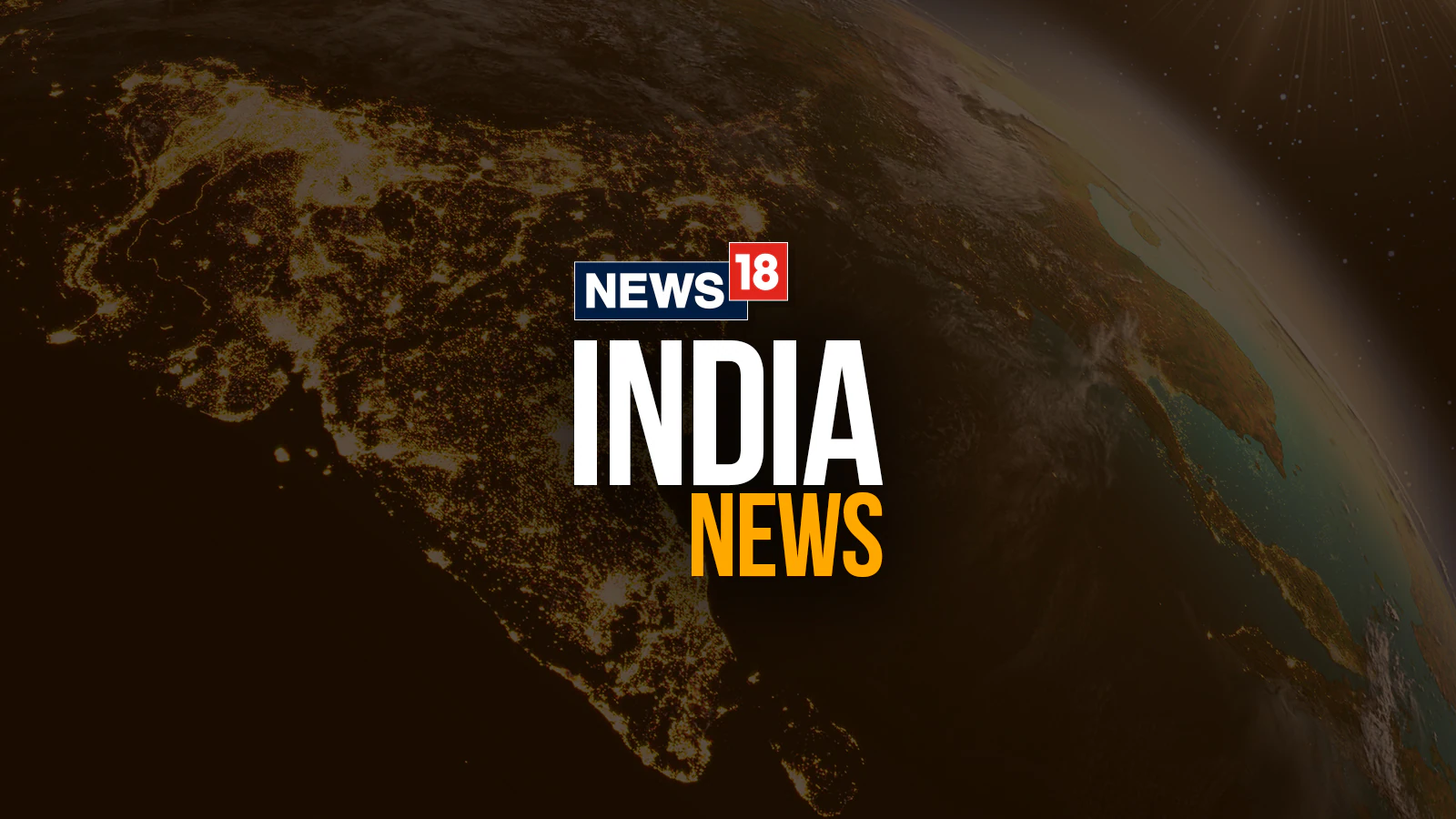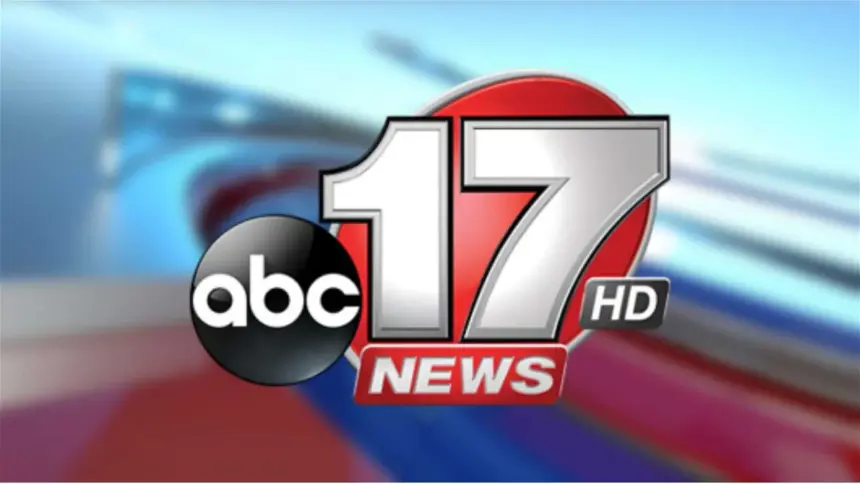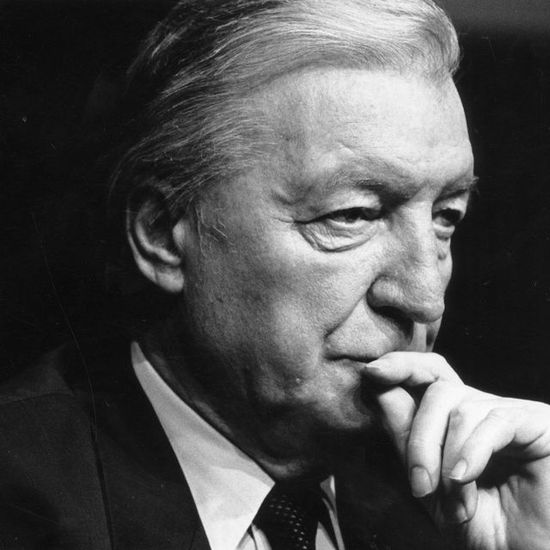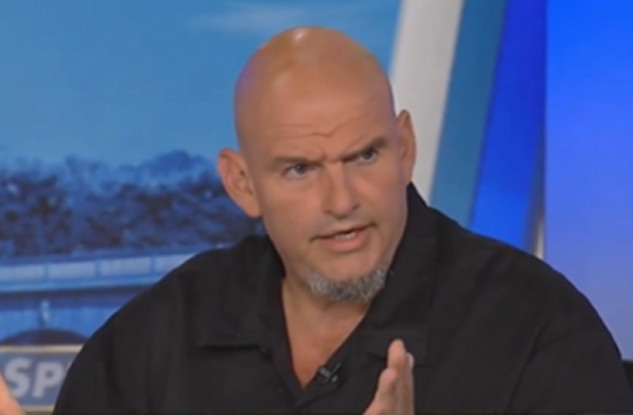
The first race of the 2025 Cup Series Round of 12 at New Hampshire Motor Speedway ended with a dominating win by Ryan Blaney. But a few moments, like Joey Logano’s solid P4 with his playoff capabilities and on-track confrontation between Joe Gibbs Racing’s Denny Hamlin and Ty Gibbs, made it even more interesting. However, under the racing arose a greater issue regarding the sport’s popularity, as the event attracted a new low of 1.29 million viewers as opposed to higher ratings earlier in the season.
That sharp difference is noticeable in the regular-season finale at Daytona, which attracted the largest summer rating in seven years. In the meantime, viewership in the playoffs is declining, and the total number of 2025 Cup Series viewership, regardless of race, has fallen by 13.436% since 2024, equating to a loss of 12.787 million. Kyle Busch had expressed his concern, saying, “I just think the problem we’re running into is there’s not a lot of race fans anymore.” These trends are controversial, but some input coming in through an insider like Jeff Gluck can help illuminate certain factors at work.
ADVERTISEMENT
Article continues below this ad
Jeff Gluck justifies NHMS viewership dip
NASCAR journalist Jeff Gluck, known for his coverage at The Athletic, created a discussion with an X post that attributes the poor attendance at the New Hampshire race to external factors. He wrote, “I saw one report that said Fox News alone averaged 5.2 million viewers during the Charlie Kirk memorial service, so I would certainly think that had some impact on NASCAR’s viewership for New Hampshire.”
I saw one report that said Fox News alone averaged 5.2 million viewers during the Charlie Kirk memorial service, so I would certainly think that had some impact on NASCAR’s viewership for New Hampshire. https://t.co/VlRhByZcej
ADVERTISEMENT
Article continues below this ad
— Jeff Gluck (@jeff_gluck) September 24, 2025
Charlie Kirk‘s memorial service event was held on the same day (September 21), around the same time as the race at 3 p.m. ET. The point that Gluck makes is how the broadcasting of competing events, including high-profile political events like these, could affect the USA Network on which NASCAR airs.
Fans soon countered, claiming that Gluck is trying to whitewash more underlying problems in the NASCAR product, and he is being a sport activist who never criticizes structural issues such as the lack of Next Gen car performance in short track racing or the playoff structure. This criticism echoes broader frustrations, with 1.29 million viewers of Sunday’s Loudon race facing a 31.4 percent decline in comparison to the 1.88 million viewers of the 2024 NHMS event. Moreover, it was also a 28 percent decline compared to last year’s Round of 12 opener at Kansas with 1.79 million viewers.
Read Top Stories First From EssentiallySports
Click here and check box next to EssentiallySports
To that, Gluck responded in a subsequent post, “The comments here are making it out like I’m excusing NASCAR’s low viewership for other races. Give me a freaking break. I’m just saying on Sunday, you would think they lost a few hundred thousand viewers because of the memorial. Has nothing to do with any other low viewership,” emphasizing his point was race-specific amid a season where playoff races alone are down 16.853%.
ADVERTISEMENT
Article continues below this ad
Fellow content creator Eric Estepp chimed in on X, listing more fundamental issues: “1. NFL is hitting new viewership highs every year. It’s widening the gap to almost everything. 2. Cable subscriptions hit new lows every year. There are more Cup races on cable this year than ever before. 3. NASCAR’s demo has always been one of the oldest in pro sports. Many are aging out or are more interested in politics. 4. 20 year olds aren’t watching cable or sitting through 3+ hour races. Even the NBA commissioner admitted they’re a “highlight league.””
These arguments point to bigger trends, such as the weakening reach of the cable, aging fanbase, and youth’s impatience, among other things. So while insiders Jeff Gluck and Eric Estepp highlight the specifics, the fans are right on their end, pointing out the overall downfall.
ADVERTISEMENT
Article continues below this ad
Meanwhile, as these discussions highlight immediate hurdles, some in the sport are looking ahead with concrete ideas to turn things around.
ADVERTISEMENT
Article continues below this ad
Brad Keselowski’s fixes for NASCAR revival
A recent interview with Brad Keselowski, 2012 Cup winner and RFK Racing’s co-owner, presented practical measures to consider for NASCAR growth, beginning with reconsidering the way the tracks are operated. He stated, “The first one is the tracks, in general, need to find more ways to generate revenue outside of NASCAR. A lot of these tracks you go to, if you come to them on a Tuesday, three weeks before or after the race, there’s like three people that work there. There’s nobody around…,” he said.
This expands upon the use of race weekends as a primary source of revenue, which suggests the need to diversify such events or facilities to increase annual revenue and fan interest, given the economic pressure of reducing attendance since the 2008 recession.
ADVERTISEMENT
Article continues below this ad
The playoff system is another area that received the attention of Keselowski, claiming that it’s not in the sport’s favor. “The whole playoff thing has to go away.” As the RFK co-owner claims, “very unhealthy for the sport.” This, he believes, is an insult to their tracks, races, and the drivers who do not make it to the playoffs. “It muddies the water; it’s not working for the sport,” he explained.
Introduced in 2004 to spike excitement, the format has faced backlash for overshadowing consistent performers, and Keselowski’s view aligns with calls for a return to season-long points to restore fairness and broader appeal.
ADVERTISEMENT
Article continues below this ad
Finally, he stressed bringing in more manufacturers: “Third, I’d look at new OEMs (Original Equipment Manufacturers) as very important — a high tide that raises all ships. They’ll invest in the teams while concurrently investing in the tracks through advertising, along with our media rights holders. A new OEM is right there behind it.”



